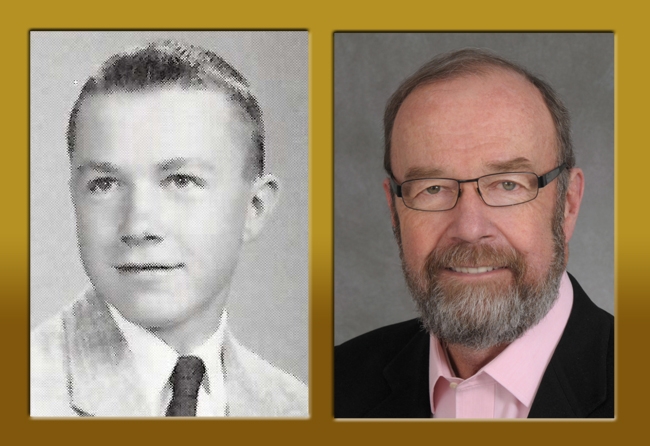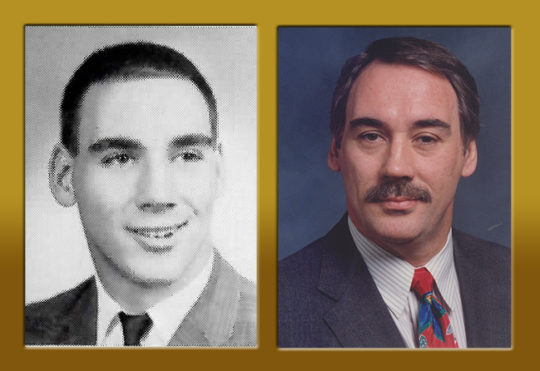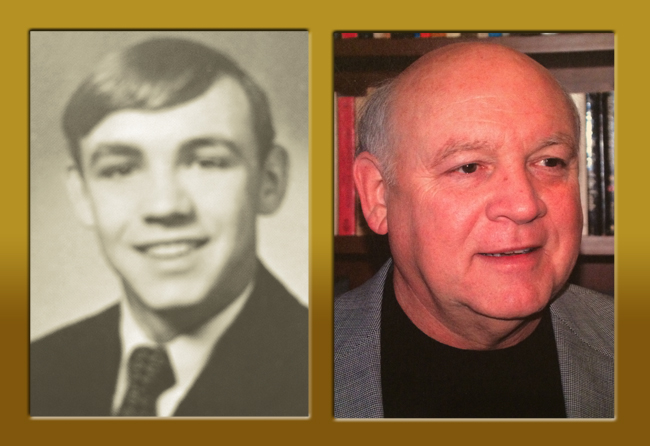
Inducted in 2019
David Bynum graduated Westminster College and entered the oil business, but struggled to find meaning in his work. During this time he tutored economically disadvantaged middle and high school students in math and science and found their lack of preparation surprising, but their progress inspiring. He left the oil business, returned to school and earned a Ph.D. in Cell Biology at Dartmouth.
David took a position at Stony Brook University to create innovative educational programs for these students. He knew if he met their needs, institutional and financial support would follow – and it did. He secured substantial external funding to remodel laboratories with state-of-the-art equipment, and recruit faculty members to teach and direct student research programs. He created partnerships with disadvantaged public school districts, allowing their students to work in these laboratories year round, with residential programs offered over summers. He created fellowships for scientists interested in teaching so they could gain educational credentials and bring high level expertise directly into middle and high schools.
David has been honored by the American Society for Cell Biology Award for Outstanding Contributions to Science Education, the Westminster College Distinguished Alumni Award, the Person of the Year Award of the Suffolk County Martin Luther King Commission for service to “communities of color,” and at the White House with the Presidential Award for Excellence in Science, Mathematics and Engineering Mentoring.
David established the Institute for STEM Education as a home for his programs. Institute members have impacted over 100,000 students, awarded millions of dollars in scholarships and fellowships and graduated hundreds of science and mathematics educators to meet the increased demand for STEM teachers. The Institute is now recognized as an international leader in STEM education. David retired in 2018 with the University’s highest rank, Distinguished Service Professor, and continues to serve as Director Emeritus.



